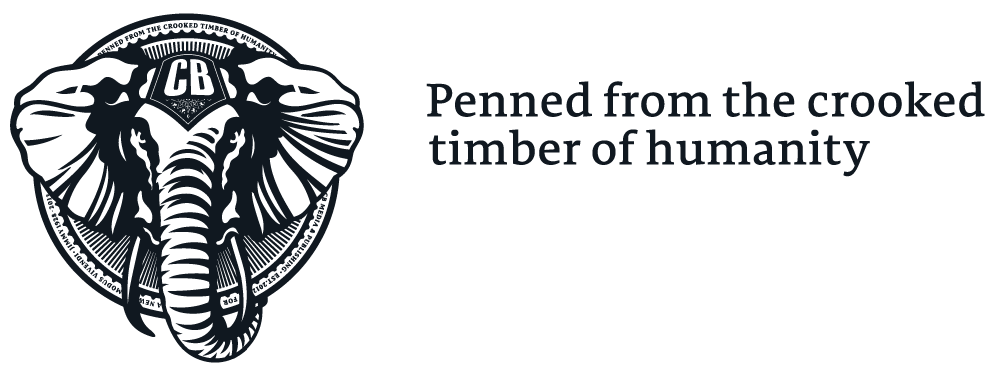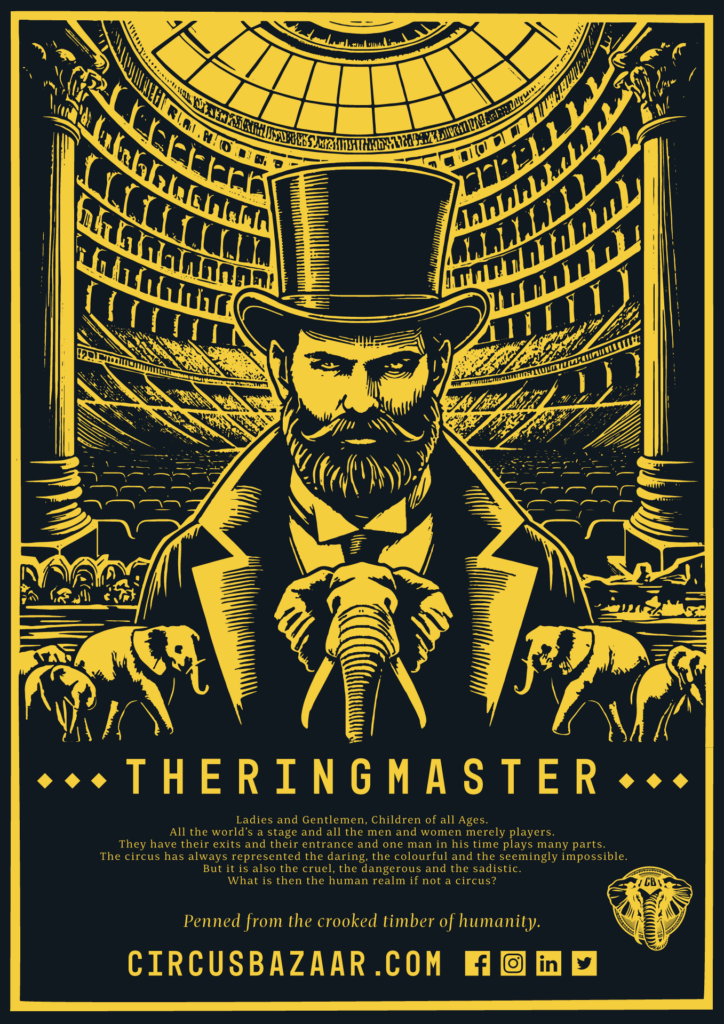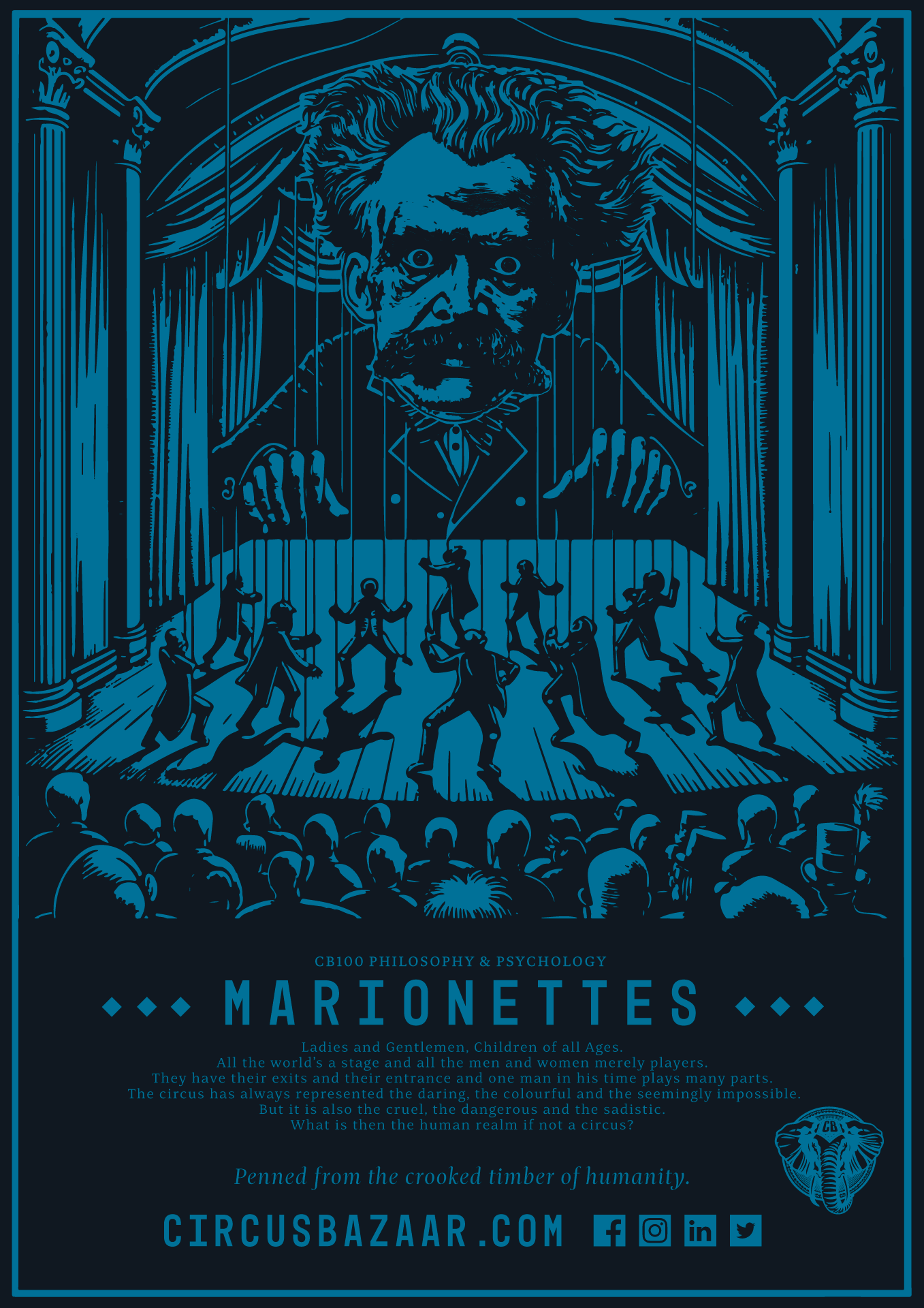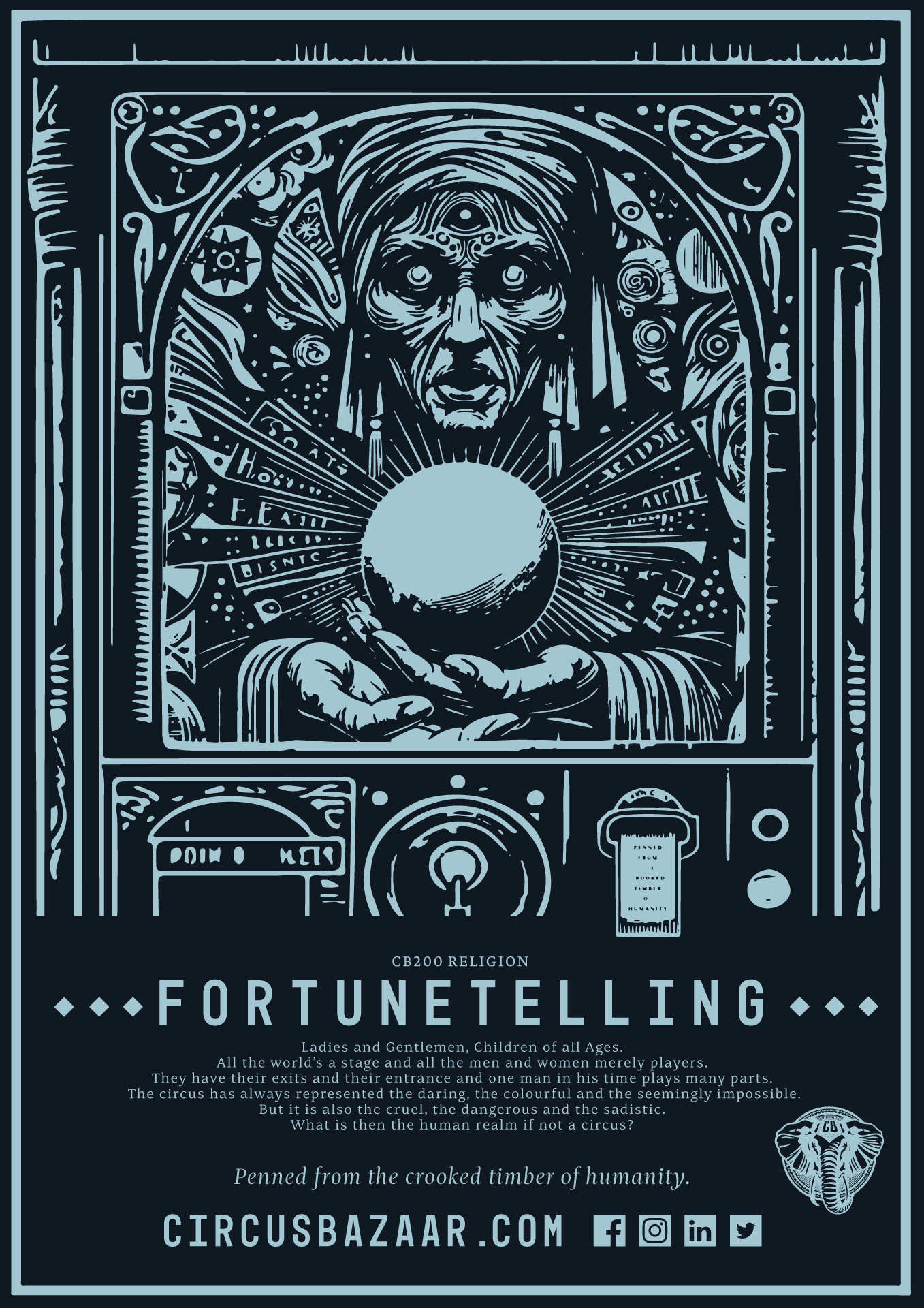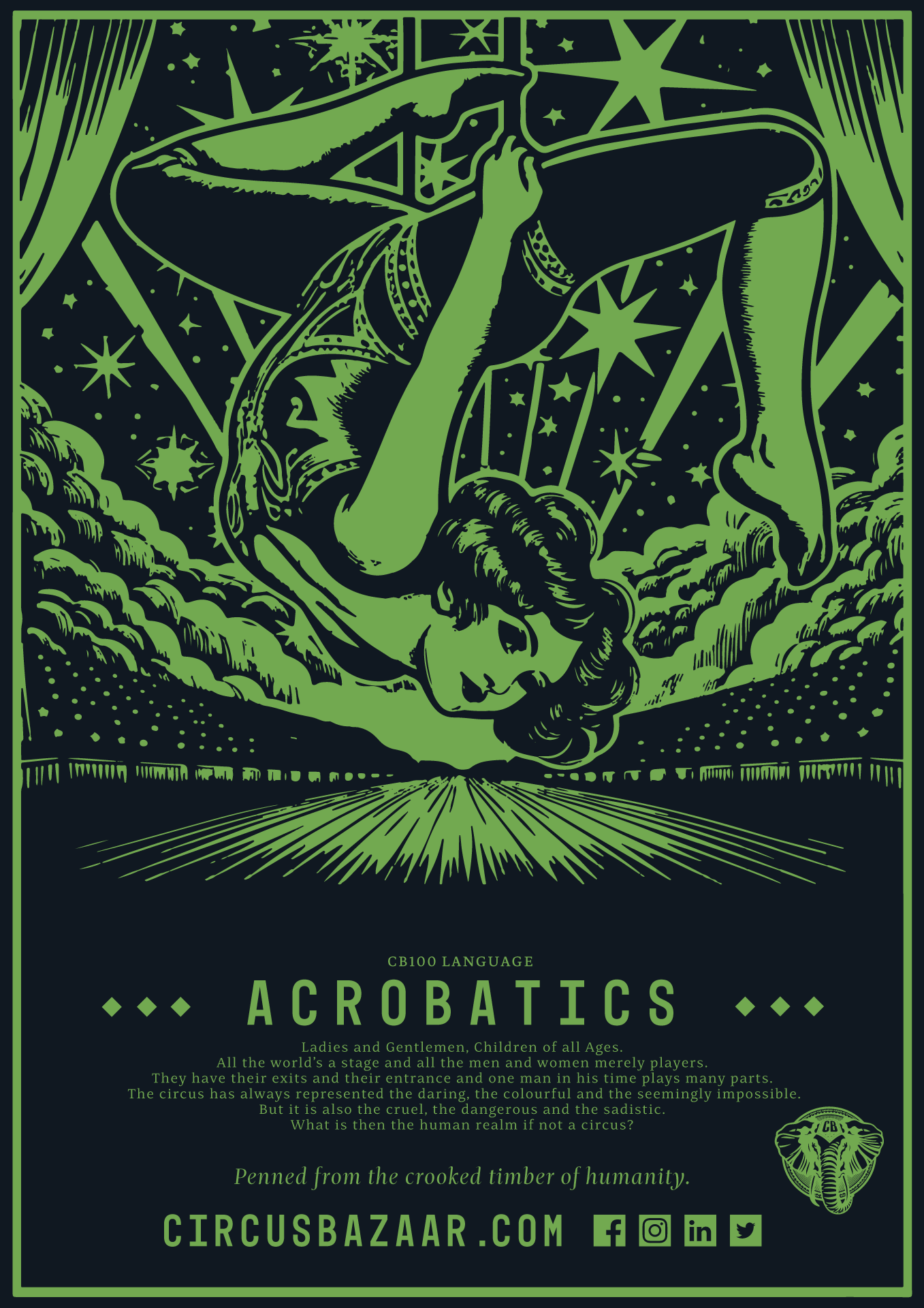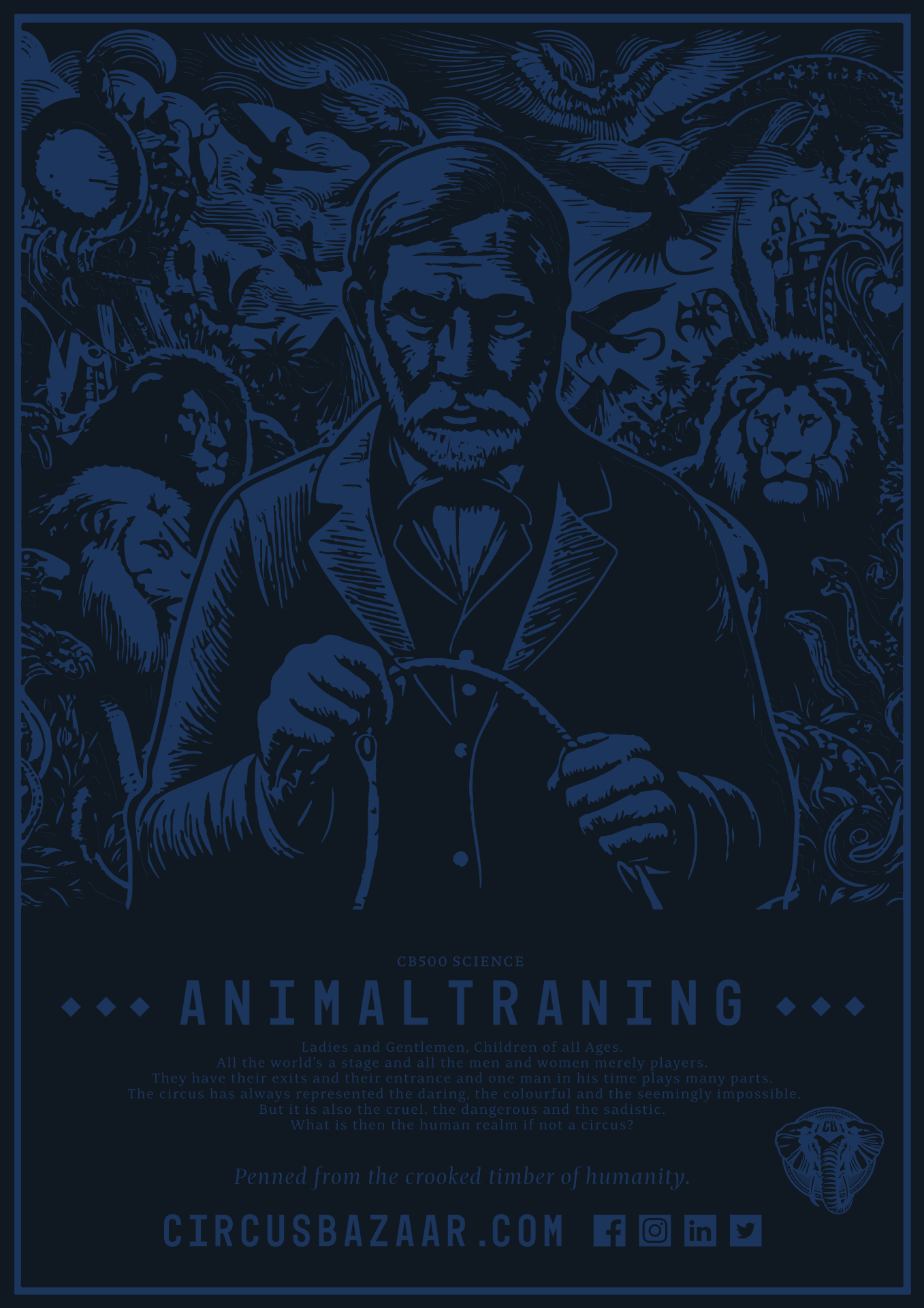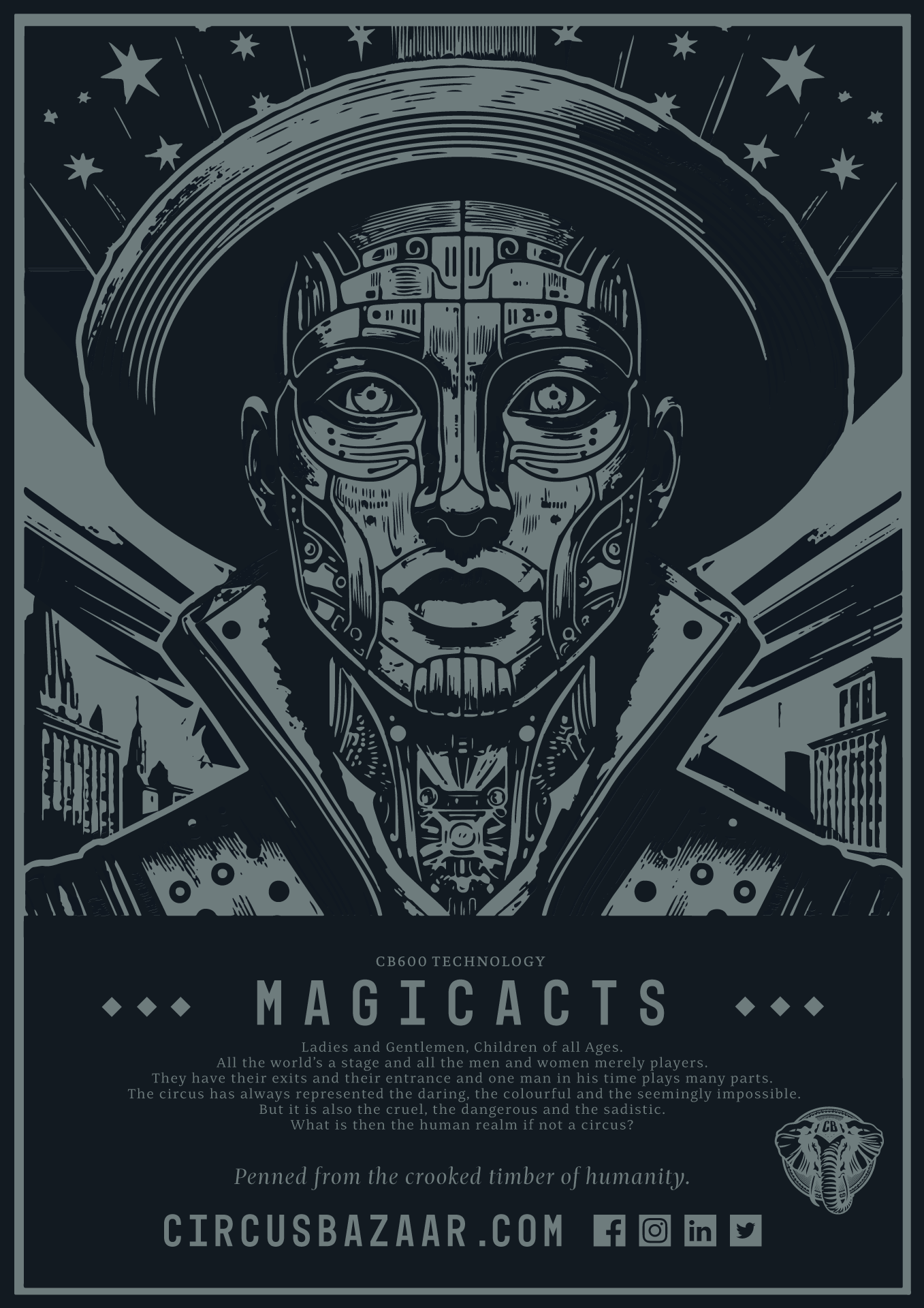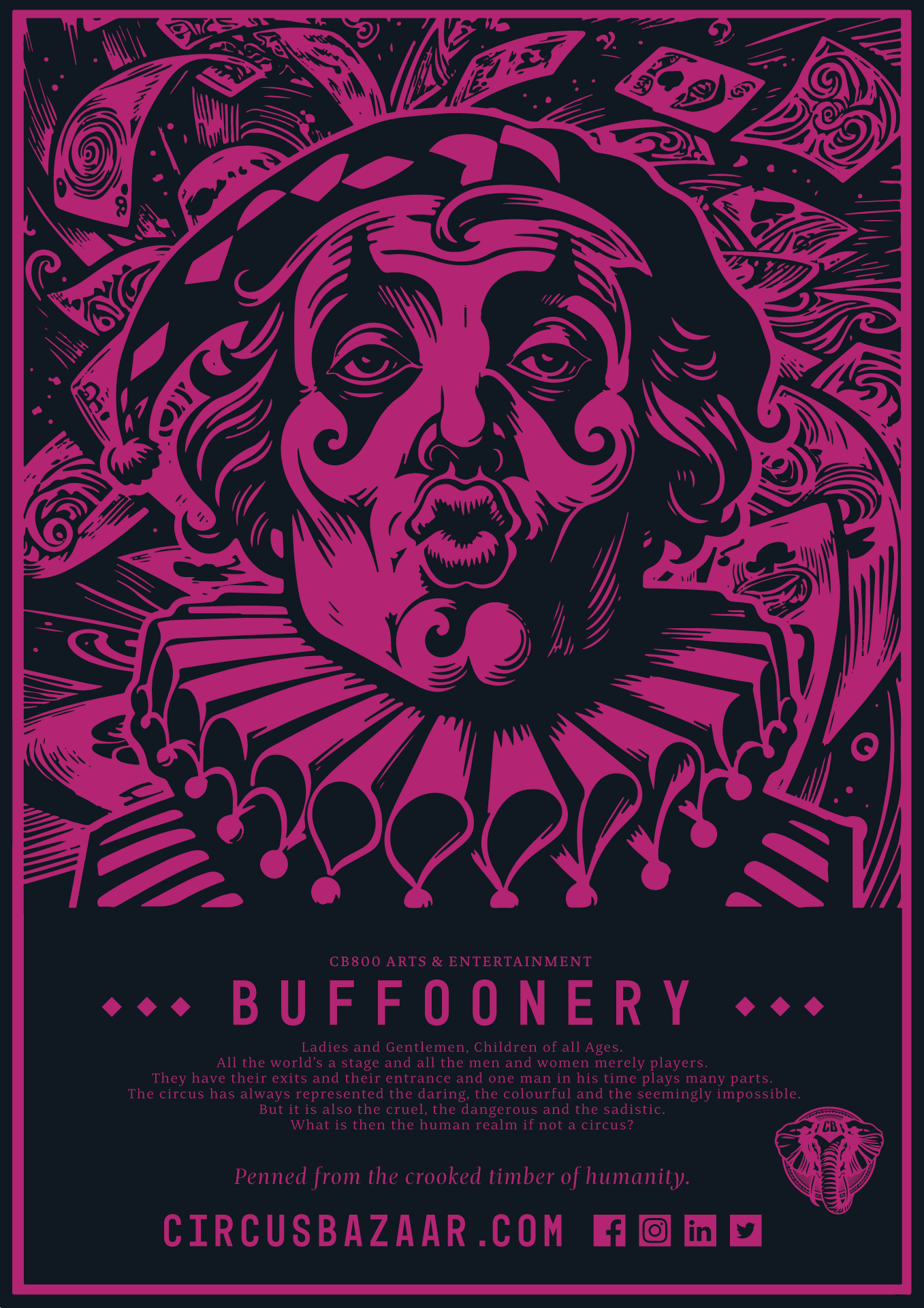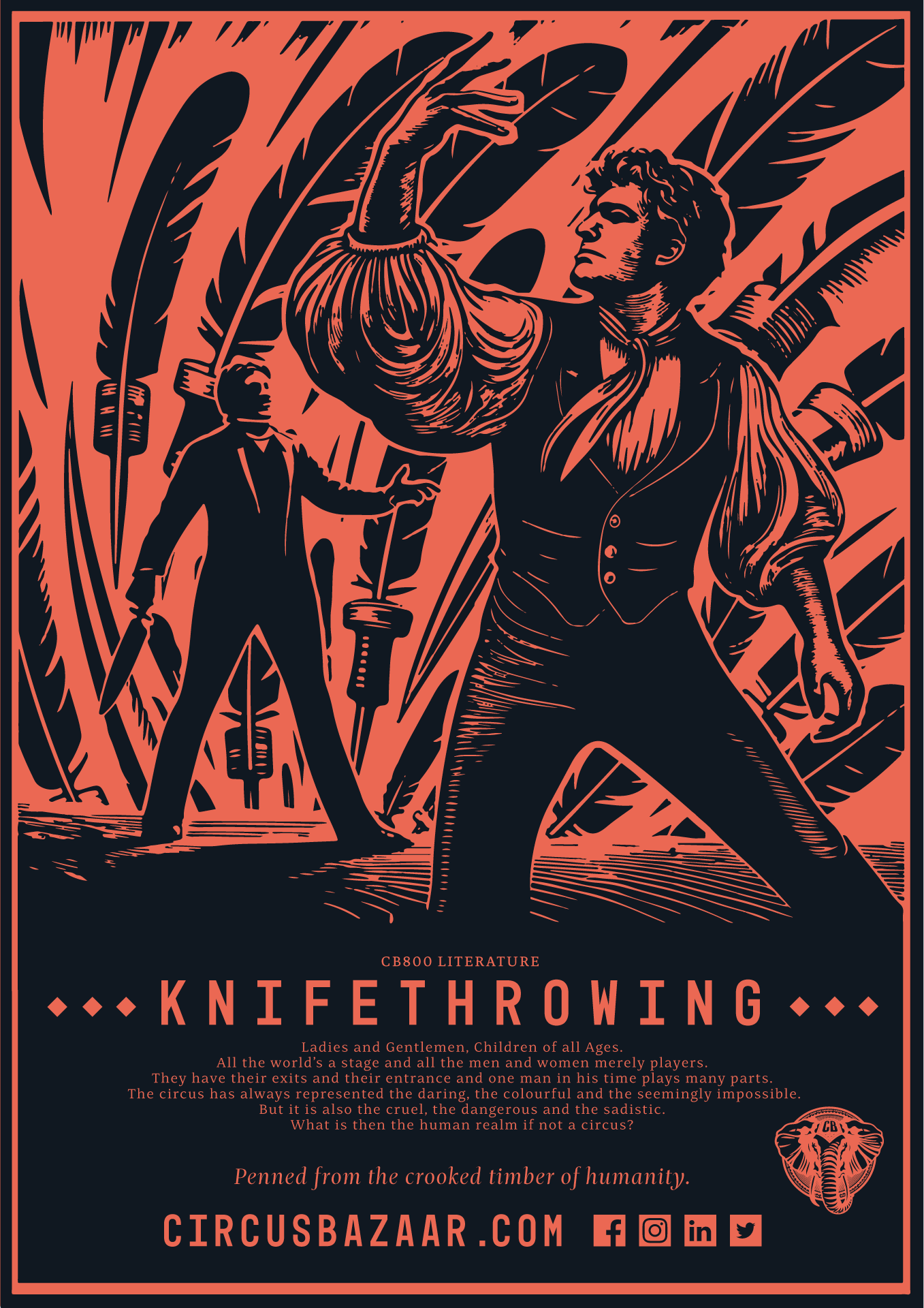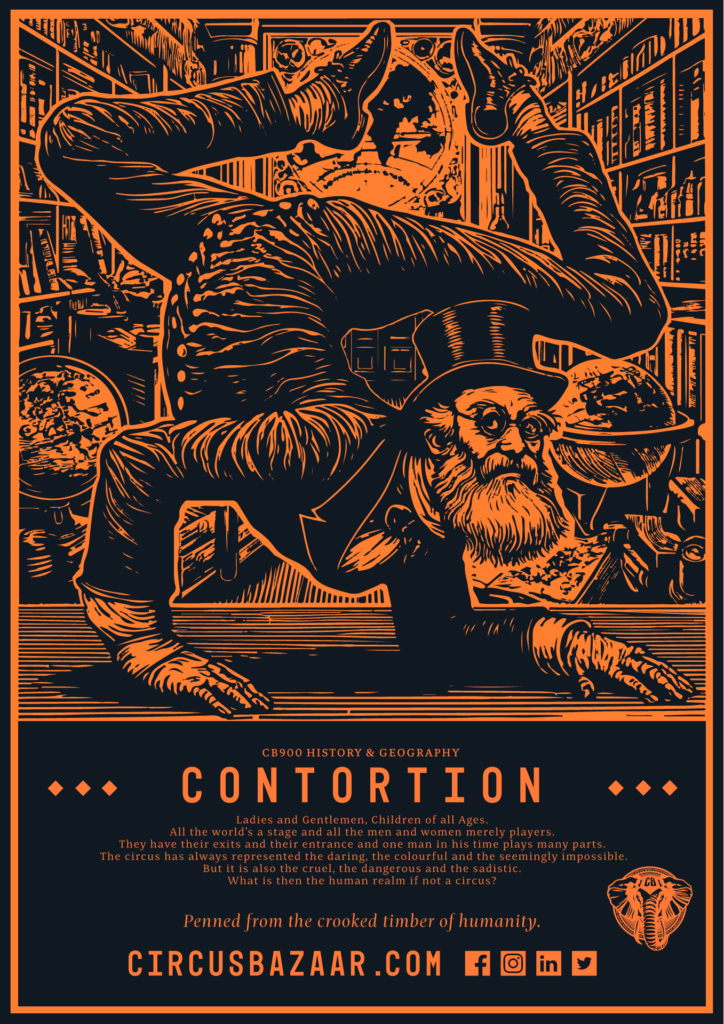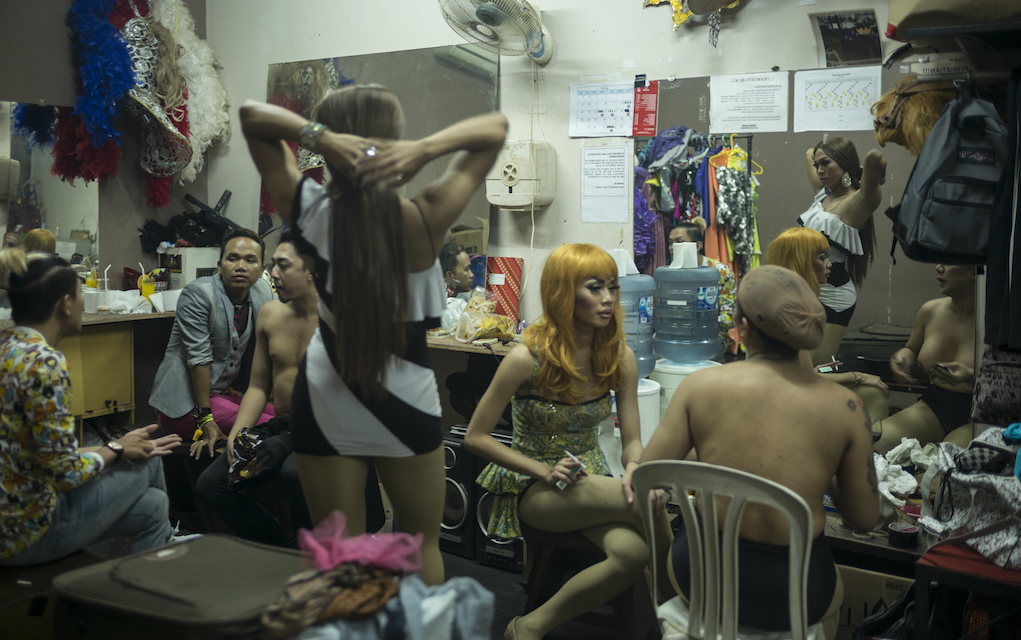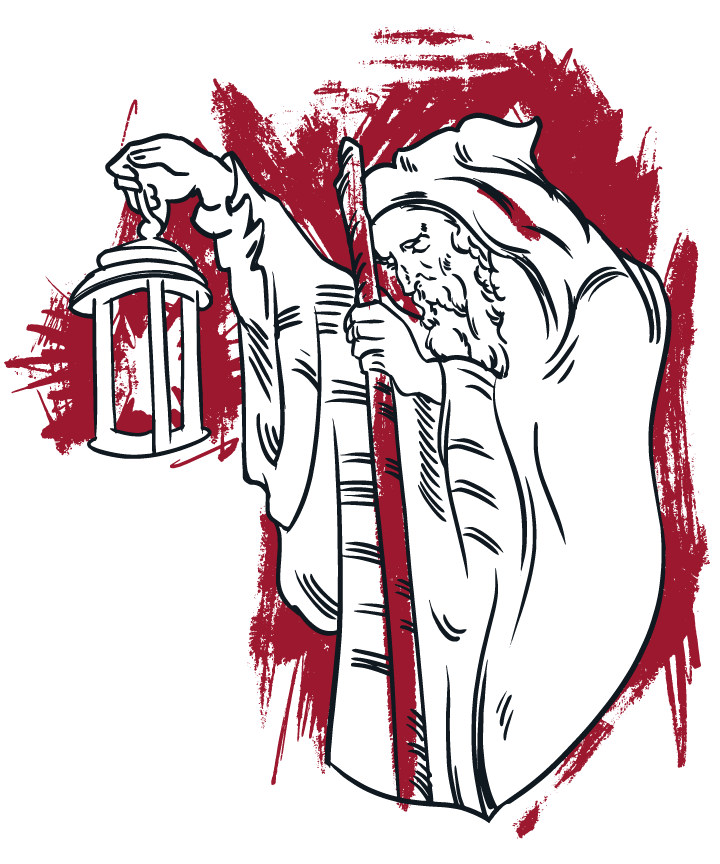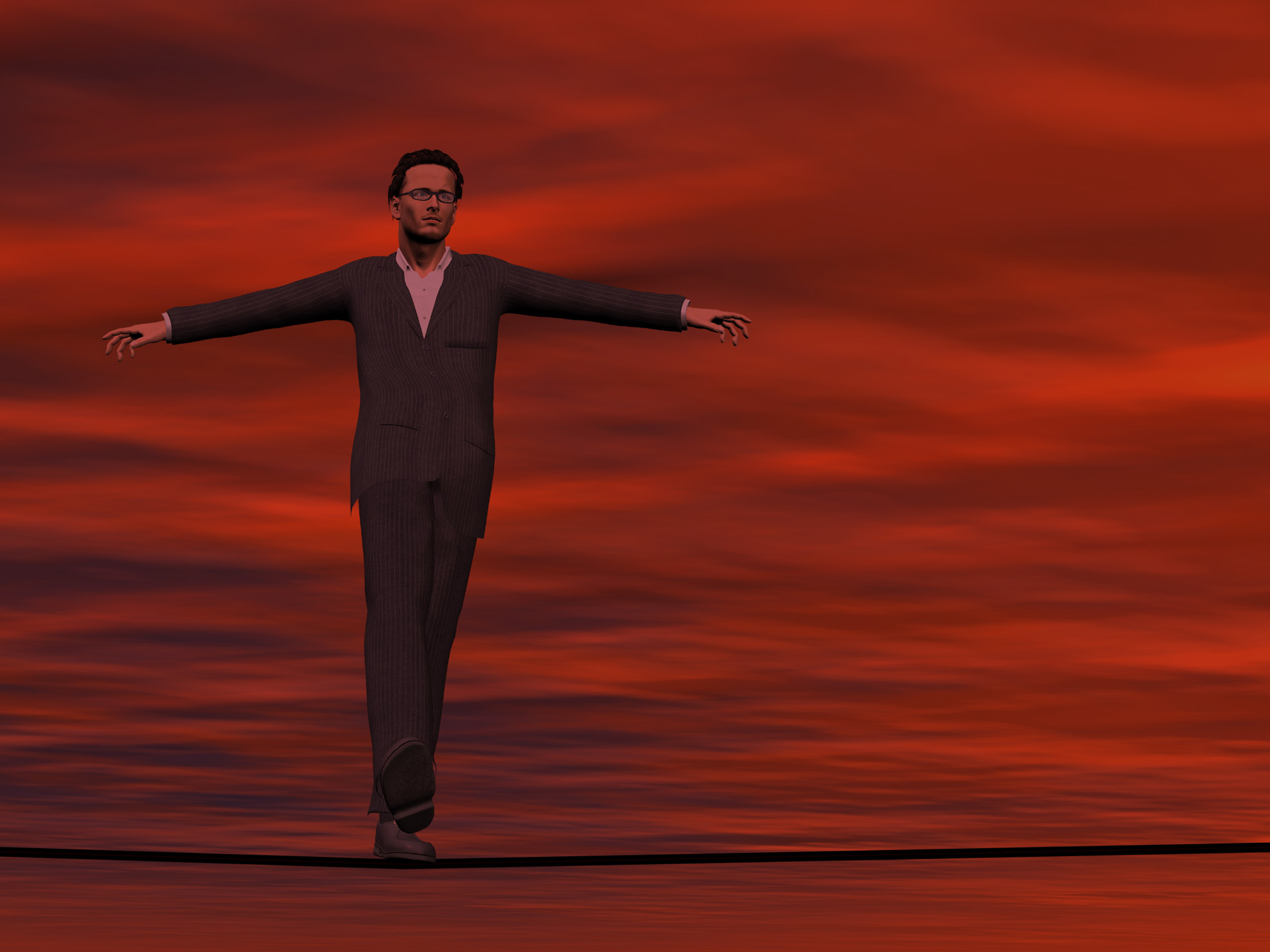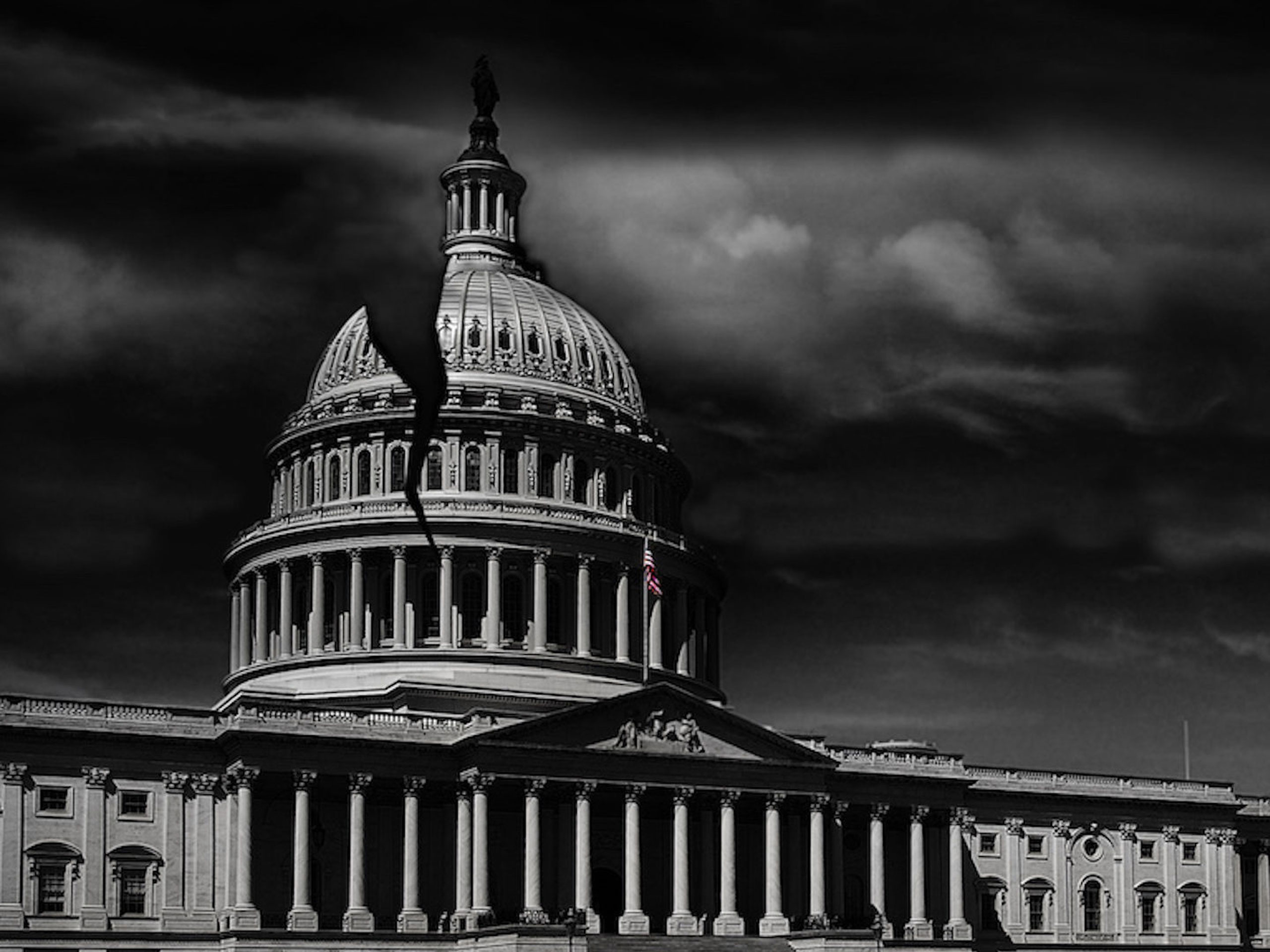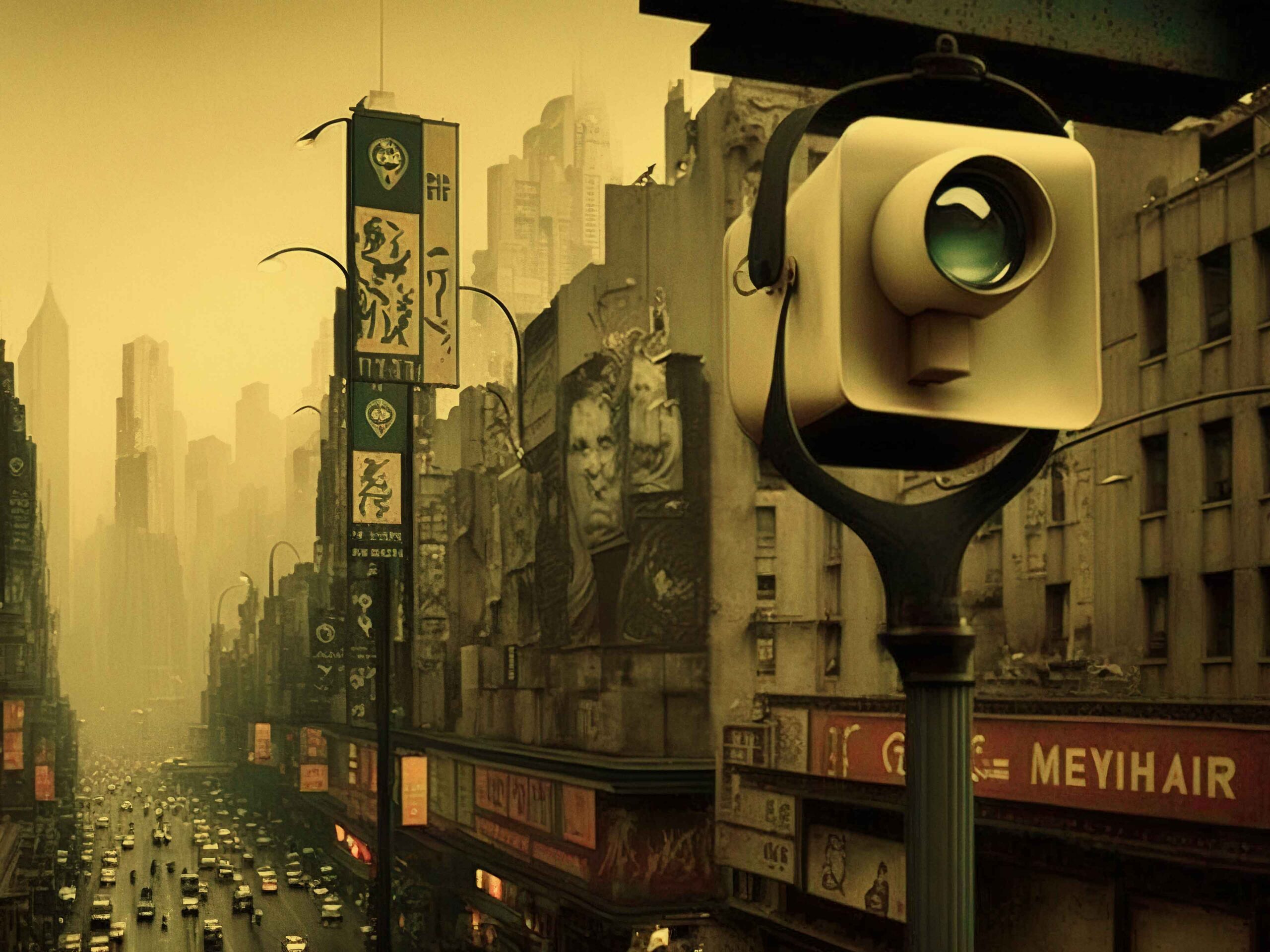Being waria in Indonesia, where religion plays a dominant role in society and where almost 90 percent of the population are Muslim, is not an easy thing. Homosexuality is not punishable by national law and is generally considered a taboo subject by both Indonesian civil society and the government. Although homosexuality is not criminalized, neither marriage nor adoption by LGBT community is permitted. A recent poll shows 93 percent of Indonesians feel that homosexual couples should not be accepted. They are generally tolerant towards homosexuals but prefer not to talk about it.
The male to female crossdressers for a long time have played their part in Indonesian culture. Numerous Indonesian traditional performances often feature transsexuals as an object of jest, humor, and ridicule. Even today, gay and transsexuals can be found performing in the Indonesian television and entertainment industry. In the Indonesian view, it is quite acceptable to have transsexual or crossdresser entertainers or public figures. It is usually considered funny, unless it happens in one’s own family.
The status of transvestites, transsexuals and other transgender (TTT) persons in Indonesia is complex. Cross-dressing is not, per se, illegal and some public tolerance is given to some of those working in beauty salons or in the entertainment industry. However, the law does not protect transgender people from discrimination or harassment. Neither does it provide for sex reassignment surgery or allowing transgender persons to gain new legal documents after they have made the transition themselves. Most discrimination is directed at transgender women, who face challenges with stable employment (ones who do not hide their gender identity often find it difficult to maintain legitimate employment), prejudice, and housing.
In Seminyak, a mixed tourist / residential area on the west coast of Bali, Joe’s Bar takes the cake. Through fun and recreation, the talented characters who work there, join their voices to show to their country and to the society that they exist. Aided by international tourism, they raise awareness among young Indonesians about equality and human rights. Human beings are more than simply a gender, we all want to be loved and accepted regardless of any our life choices and everyone should embrace and be proud of who they are.
